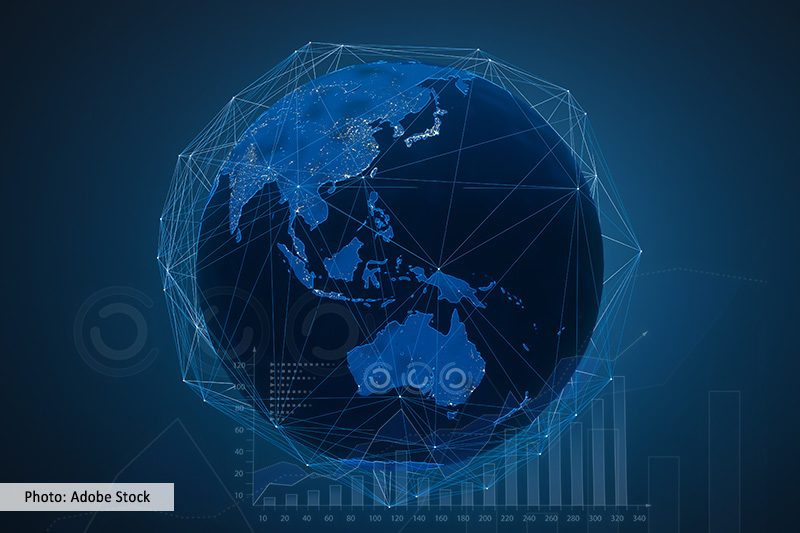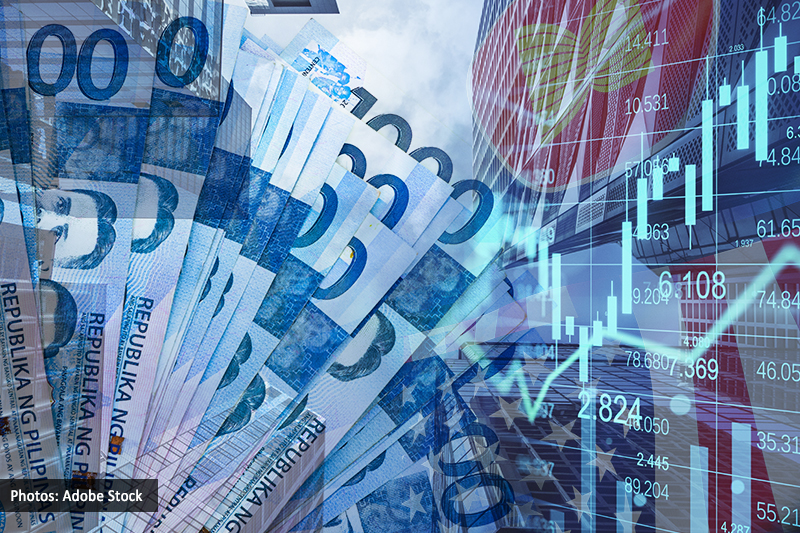The Philippines has been battling the Covid-19 pandemic for over a year now, and quarantine measures remain in place to mitigate the spread of the virus. At the onset of the pandemic, uncertainty and shock caused businesses to trim their operations. Some businesses evolved; others did not survive. By April last year, the Labor department estimated that over 1 million Philippine workers nationwide had been displaced due to the quarantine measures.[1] For workers who were displaced, the gig economy presented an alternative form of employment to help tide them over.
The gig economy is a broad term that is used to characterize the hiring of short-term, independent contractors or freelancers. These roles are typically offered on platform applications and can include online tutoring, website development, customer service and technical support, and even food delivery and courier services. The Philippine workforce was already moving toward the gig economy before the pandemic, evidenced by the fact that the country is the sixth fastest-growing market for the gig industry around the world.[2]
Given the accelerating growth of the gig economy, policy-makers have been deliberating over protection for gig economy workers over the past few years. The Philippine Congress recently passed the Freelance Workers Protection Act, which requires there to be a written contract between an employer and freelancer that lists the details of compensation and benefits, employment period and grounds for breach of contract.[3] Freelancers were defined as a sole proprietorship or self-employed, which may not cover all gig workers.[4] Last year, the Philippine Competition Commission commissioner, Amabelle Asuncion, opined about the gig economy situation and suggested scrutinizing the relationship between gig workers and platforms.[5]
Under the Labor Code, gig economy workers are likely to be classified as independent contractors; thus, they do not enjoy the same levels of benefits or protection. In the longer term, there are concerns about the gig economy being transient and workers facing limited upward career mobility. A report by the Philippine Institute for Development Studies (PIDS) also flagged that the lack of discipline in contributing to social security funds and health insurance may lead to gaps in social protection, especially for the younger population who tend to be attracted to the flexible nature of the gig economy.[6]
Many countries are also grappling with the same issues, but there is no silver bullet to the problem. When New York introduced a minimum wage for ride-hailing drivers, it resulted in fewer rides and higher prices for consumers.[7] Companies operating in the gig economy are operating on low margins, so when they are required to change their operating model and treat gig workers as employees, they may need to make drastic adjustments. In Geneva, the need to treat independent contractors as employees cost 1,000 Uber Eats couriers their jobs, as they could not be absorbed by the company.[8] In Europe, gig workers treated as employees bemoaned the pressure of having to meet a minimum number of work hours and losing flexibility around when they want to fulfill a job.
It is also worth considering how the gig economy contributes to the Philippines economy beyond providing alternative forms of employment for workers. Many of the services offered by the gig economy supported micro, small and medium enterprises, or MSMEs, during the pandemic period. As business cannot run as usual, the ability to rely on delivery or courier services allowed traditionally brick-and-mortar businesses, like restaurants, to participate in the digital economy. For entrepreneurs, the gig economy gives them access to workers on a spontaneous, short-term basis - for example, being able to hire a marketer for ad-hoc projects rather than having him on a regular payroll helps with cashflow.
Considering the Philippines' unique situation, it is critical to establish a nuanced approach to the gig economy. A PIDS report has suggested the creation of a sustainable training program, referencing Singapore's approach where workers are given regular credits for training. By making opportunities for training and education accessible to all gig workers, it would allow them to plan for their career. A gig worker who is today involved in courier services, when given the right resources, could build up his digital skills and become a freelance website developer and earn more in the future.
The same report also called for a social protection system that protects all workers. As the Philippines offers the Social Security System (SSS) and PhilHealth, these should be factored in when thinking about ways to improve social protections for gig workers. The report highlighted concepts discussed at international fora like the International Labor Organization and the Organization for Economic Cooperation and Development, which suggest that the social protection scheme follow the worker rather than being tied to a specific form of employment. This would support the growth of a new economy in which workers are nimbler and change roles more frequently. Regardless of the framework, workers should be fundamentally educated about their coverage and the ways they can leverage social protection schemes.
The gig economy is contributing to the Philippines economy in multiple ways and will maintain its growth pattern as companies continue to innovate and workers continue to welcome greater autonomy for themselves. There are many groups with a stake in the gig economy issue, so it is critical that government, companies and gig workers come together to develop solutions tailored to the Philippines. Applying existing employment frameworks to the gig economy may not solve existing problems and, instead, could create unintended consequences.
Unique gig economic situation in PH calls for nuanced approach












